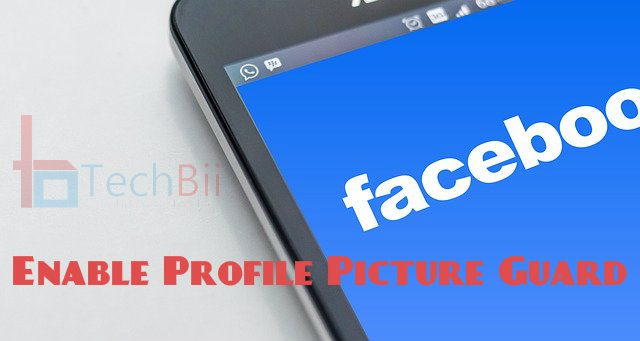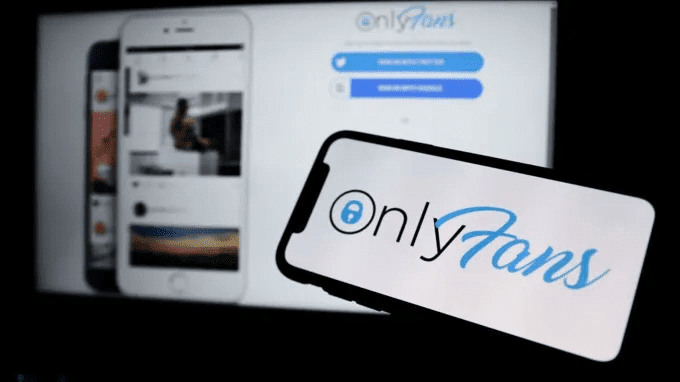
In today’s digital era, some of the best ways to digitally communicate with one another is by way of a “comment,” “tweet,” “like,” or “share.” Social platforms like Facebook, Instagram, and Twitter have revolutionized this form of communication almost to a point that some prefer it over in-person communication! But as popular as this form of communication is, it had to start somewhere, right? Surely Mark Zuckerberg wasn’t the only digital genius to devise such a lucrative social platform…
Believe it or not, there actually was a social network that came before Facebook and Twitter, and it’s still relevant today. What is this predated social network that’s stood the test of time? It’s called Usenet.
What is Usenet?
Before the internet came to be the virtual giant it is today, Usenet was king. Usenet is a worldwide network that people use to share news and other information on a multitude of different topics. This sounds a lot like social media but the two platforms are very different in terms of how communication and information are shared across the web.
Usenet Vs Social Media
On social media platforms, you actually have the option to report someone for the type of content they’ve posted if you find it offensive. In fact, Facebook has a list of unacceptable content and posts. If you post any status, picture, or video in these categories, there’s a high chance you will get banned.
- Violence and Criminal Behavior:
- Respecting Intellectual Property
- Content-Related Requests
- Safety
- Objectionable Content
- Integrity and Authenticity
Usenet actually has eight top-level hierarchies of subject matter that can be discussed called newsgroups. Originally, there were eight but there are more than 100,000 newsgroups now. That’s not saying that Usenet is a “free for all” to be absolutely reckless in communication but one of the biggest features about Usenet is the fact that you can post information on the network with minimal censorship. Those eight top-level hierarchies are
- Computer discussions
- Social
- Recreational
- Science
- Controversial
- Usenet/Newsgroup
- Humanities
- Miscellaneous
If you can, think back to when you first joined Facebook or Twitter. Before you could join and create a profile, you had to agree to the terms of service. What that’s really saying is that, for example, if you join Twitter, you’re only accessing service through Twitter and the content you post has to be within the terms and conditions you agreed to, otherwise, the operator of the site can take down whatever it is you posted
Let’s say you’re running a business, and as part of your digital marketing campaign, you want to look into cause marketing to promote a social cause your company stands behind on Facebook. Well, while Facebook is known for helping businesses grow, it’s also notorious for flagging posts as inappropriate and taking them down. In your mind, your post is not offensive, more so bringing awareness to an issue your business stands behind… With Usenet, you wouldn’t have this issue to worry about, as you can freely share information.
Where Does Usenet Fit in Today’s Social Media?
There’s no denying the fact that Usenet is not as popular as social media is today, but you also can’t deny the fact that Usenet is its own unspoken world that’s sworn to somewhat of secrecy. People not only use Usenet to freely share information but it’s popularly used to share files and has much higher download speeds.
You just want to make sure you find a Usenet provider that gives you access to a multitude of different newsgroups, offers unlimited downloads, and has large retention so that you’ll have access to the files, no matter how old they are.
So to answer the question of if Usenet is still relevant in this day and age of social media, the answer is yes. Just as technology has advanced in social media, it’s advanced for Usenet too and has many similarities to popular social platforms but it’s safer and more private, and secure than today’s social media platforms.








